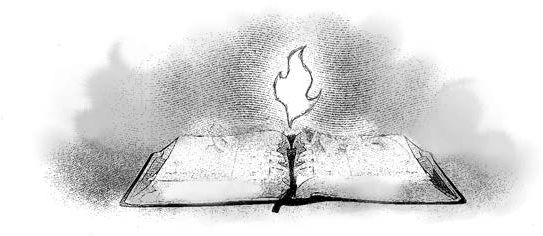Situated in Europe, Poland emerged as a nation in the tenth century a.d. During the next millennium two of Poland’s neighbors, the Kingdom of Prussia (modern-day Germany) and the Russian Empire, became powerful. In 1795 these two countries divided Poland between themselves and removed it from the world map. Following World War I, Poland regained its independence.
Nazi Germany and the Soviet Union both invaded Poland during World War II. Some 6 million Poles—half of whom were Jewish—died during the war. At the close of the war, a Communist government was installed in Poland behind the Soviet iron curtain. In 1989 free elections ushered in a new government, which began the fall of Communism in Europe.
More than half of Poland is agricultural or woodlands. It’s a haven for many animals, including the wisent (European bison), brown bear, gray wolf, and moose. Some 25 percent of European migratory birds breed each summer in Poland’s wetlands.
The first king of Poland, Mieszko I, became a Christian in a.d. 966 and formed Poland as a sovereign Christian state. The Roman Catholic Church is still a powerful force in Poland.
During World War II, Germany and the Soviet Union outlawed the Seventh-day Adventist Church. All church properties were taken away and some members were sent to Siberia. After the war, the Adventist Church was reestablished and started to grow again.
In 1990 Ryszard Jankowski [ree-SHARD Yahn-kow-skee], the Polish Union youth leader at the time, had a dream. He wanted a youth camp where young people could be trained for service. The church had no land, no money, and no idea where they would get either. But Ryszard sensed that God was in the dream, so he began searching.
“We wanted a place where children and youth could spend time in nature and learn about God, a place where they could see the Creator and learn to love Him,” Ryszard said. They wanted the camp to have electricity and water, be on a lake, and have some basic buildings.
One day, Ryszard found a place called Zatonie [zah-TOH-nee], a government-owned camp on a lake in western Poland. The buildings on the campground were in poor condition, but they could be made useful.
“I believed that God wanted us to have Zatonie,” Ryszard said. The campsite was worth USD 200,000, but the union didn’t have money to buy the land, the buildings, or furniture. “But as our committee discussed the possibilities, the telephone rang. Someone in Denmark was offering us free furniture—they would even deliver it!” Ryszard knew that God would provide the rest if this was His will.
